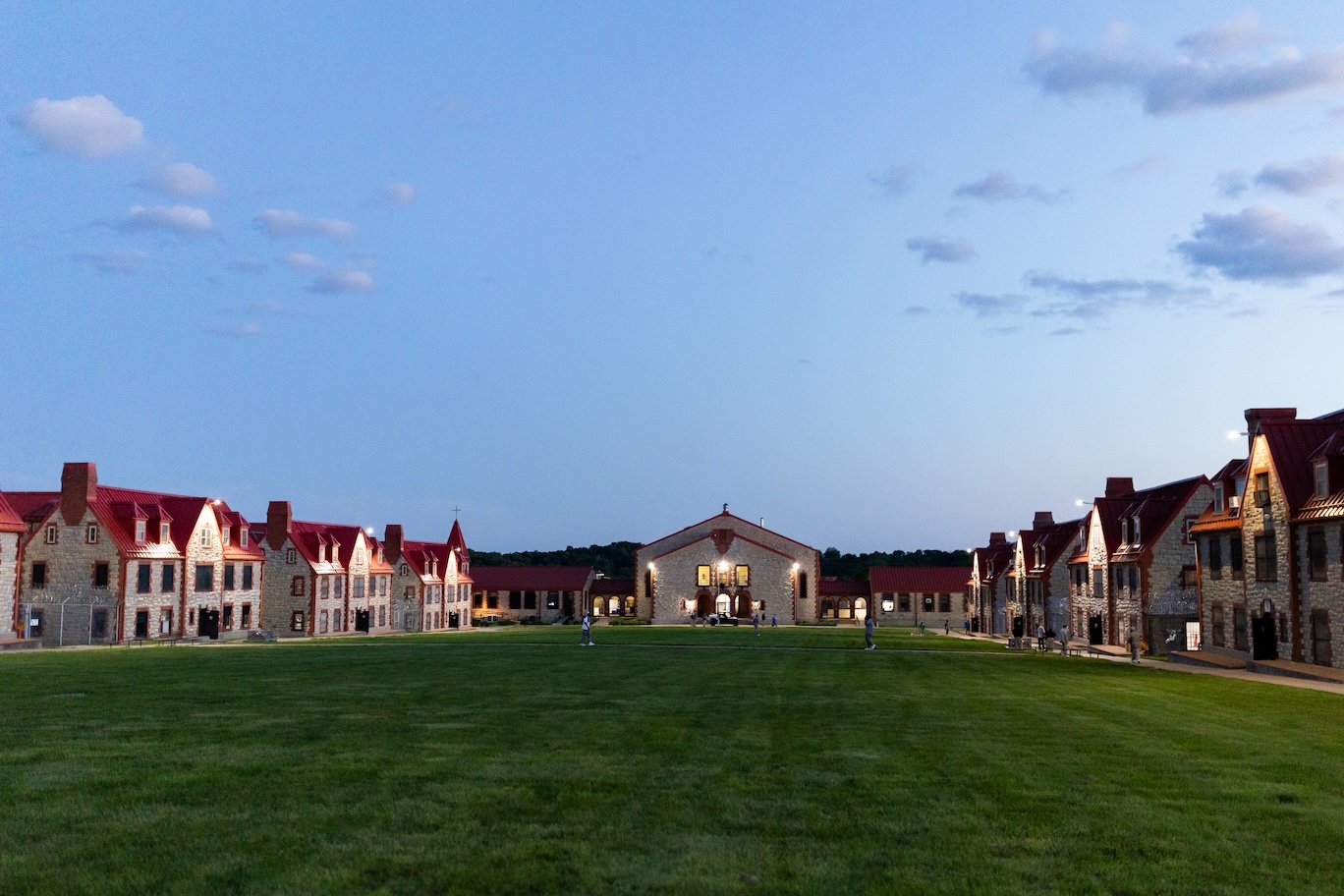A Worthy Endeavor
We were both pretty nervous. We parked in a lot at the bottom of the hill with the capitol building towering over us. We had already driven around for a while trying to find a spot. We tried to get in the building and every door we tried was locked. It took us a complete revolution of the grounds to finally find a way in. I remember my wife saying to me, “it’s almost like they don’t want us to get in there.” That was exactly how our arrival at the Missouri State Capitol felt.
Speaking in favor of Missouri House Bill 1545
We tried to make jokes and take deep breaths as we moved through security. The officer at the door gave us directions and we finally found our way to the basement of the capital where our hearing was taking place. We found a bench because the room was empty and eventually, a few others that were speaking in support of the same bill appeared and started chatting with us. We waited through testimony for a handful of bills and finally, they called for people present to speak in favor of Missouri House Bill 1545. There was a form we needed to fill out to speak and we finally had the moment we had traveled all day for. T
he Committee for Crime Prevention and Public Safety in Missouri is mostly made up of Republicans from small towns, mostly Caucasians, and mostly older representatives. The people of color in the room were younger and were from St. Louis and Kansas City. I began my testimony by sharing my story of incarceration for six years. The bill we spoke in favor of would lower the age for compassionate release in Missouri from 70 years old, to 60. This law change would only affect incarcerated people with disabling health conditions that the state is unable to provide care for.
I told the story of some of the older residents I knew facing life-threatening health problems. The thing that was most apparent to me, was that the members of the committee did not understand how parole works, what the inside of a prison really looks like, and how the system that they control might be intended to punish people that violate the law (which it does), but also victimizes the families of incarcerated people. I was shocked that the questions that the legislators asked really gave the impression that they do not know how the system works, particularly in regard to parole.
After I testified in support of the bill, two women that had spent time in Missouri prisons testified. They shared their stories as well and the legislators were still stuck on the issues of parole that they did not understand. Finally, even though she didn’t plan to, my wife quickly filled out the form and sat down to testify to the legislators. She quickly explained to them that some of the questions they were asking were not actual challenges to the bill because of the way that the parole system works and she also gave them a different perspective that none of the rest of us that were incarcerated could do. She explained that even though the person committing a crime has a victim or victims, the families of incarcerated people are also victimized by the system. She described the difficulties of trying to communicate with facility administrators to advocate for a loved one in prison. She also shared with them the experience that she had trying to get adequate health care for me while I was incarcerated, which is how we know that the state cannot provide adequate care for people with disabilities over the age of 60.
Impact & Hope for a Broken System
After our experience of testifying in front of the committee, we later heard that the testimony of the group did actually change the opinions of some of the legislators. I spent some of my speaking time in front of the committee inviting the legislators to visit the facility and get a better understanding of what life in a Missouri Correctional Center is like. Overall, while nerve wracking at first, the experience was positive and rewarding as we heard that the bill passed out of committee and we will definitely be testifying on corrections related bills in the future. While speaking to legislators may initially seem intimidating, I understand that worthwhile things are often hard and uncomfortable. In hindsight, my wife and I definitely felt like our testimonies were a way for us to have a truly positive impact on this extremely broken system.
If you would like to learn more about Second Mountain Leadership's, work to create change from the inside out. Please check out our homepage and consider supporting our work. Thank you.


